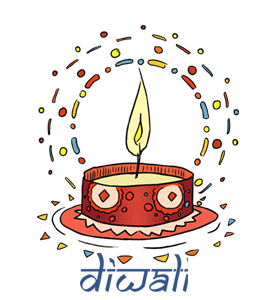Diwali
Diwali Quick Facts in the US
| AKA Name | Deepaval, Festival of Lights |
|---|---|
| HashtagsCompiled on | #Diwali, #Diwali2024 |
| Related Hashtags | #DiwaliCelebration, #HappyDiwali |
| 2024 Date | October 31, 2024 |
2024 Holidays & Dates - US
| US & Common Holidays | ||
| Misc. & Int'l. Observancesℹ | ||
| Christian Holidays | ||
| Jewish Holidays |
› | ||
